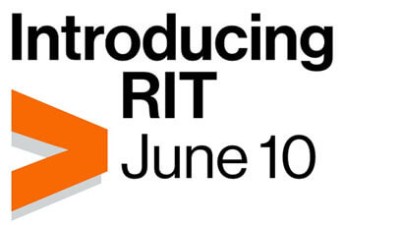Imaging Science Seminar: Optimal Fourier analysis techniques for astronomical time series, with a side trip into interesting astronomical imaging techniques

Imaging Science Seminar
Optimal Fourier analysis techniques for astronomical time series, with a side trip into interesting astronomical imaging techniques
Dr. Sarah Dodson-Robinson
Professor, Physics and Astronomy
University of Delaware
Register for Zoom Link Here
Abstract:
With the advent of a new generation of high-performance astronomical spectrographs, the discovery of “Earth 2.0” is within reach. Yet Doppler searches for earthlike, habitable planets are plagued by parasitic signals from gas motion in stellar atmospheres and false positives produced by observing cadence and data analysis methods. Almost all Doppler planet-search teams use some variant of the periodogram to identify velocity signals caused by planets. Unfortunately, the Lomb-Scargle periodogram for unevenly spaced time series suffers from bias-causing spectral leakage and does not become less noisy as the number of observations increases. I will describe how adapting the Thomson multitaper technique to unevenly sampled, gapped astronomical time series can improve our prospects for planet detection. I will then show how magnitude-squared coherence and phase estimates allow us to diagnose the insidious false positives that come from stellar rotation and magnetism. Finally, I will illustrate two interesting astronomical imaging methods that are useful for exoplanet science - bolometry and angular differential imaging - and discuss the possible use of 2-d Slepian tapers in Fourier analysis of images.
Bio:
Sarah Dodson-Robinson (Sally) received a B.S. in Imaging Science from Rochester Institute of Technology (2002) and a Ph.D. in Astronomy & Astrophysics from University of California at Santa Cruz (2008). She then took a Spitzer Postdoctoral Fellowship at NASA Exoplanet Science Institute. She is now a Professor of Physics and Astronomy at University of Delaware. In 2013, she won the American Astronomical Society’s Annie Jump Cannon award for her contributions to the study of planet formation. In 2021, Dr. Dodson-Robinson published Origins of Giant Planets, Volume 1: Disks, Dust and Planetesimals (IOP Press). She is now working on Volume 2. Her latest research focuses on developing and testing statistical methods for validating exoplanet discoveries.
Event Snapshot
When and Where
Who
This is an RIT Only Event
Interpreter Requested?
No








